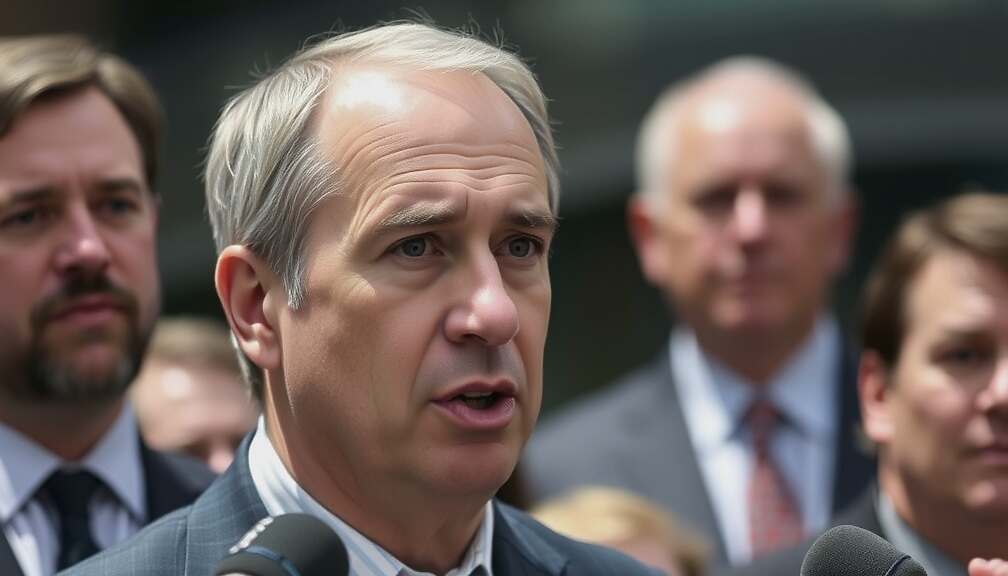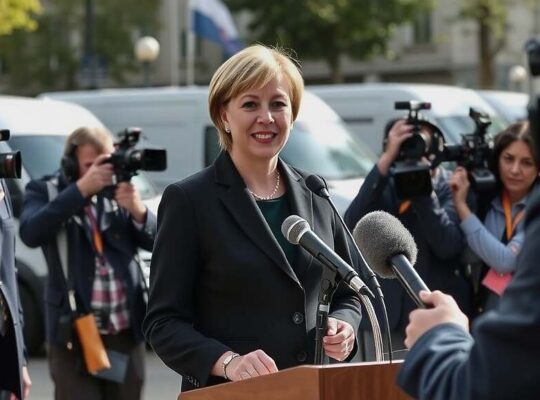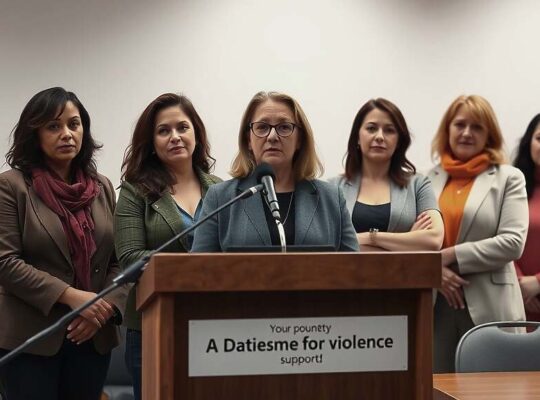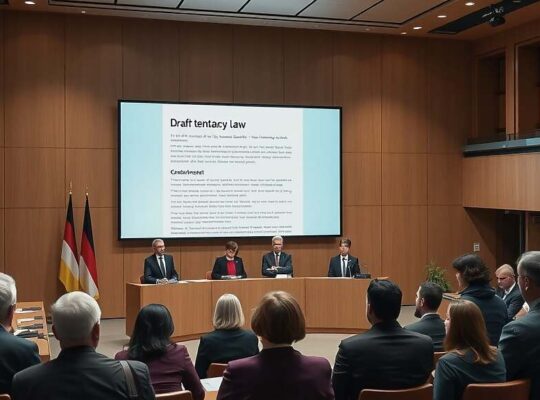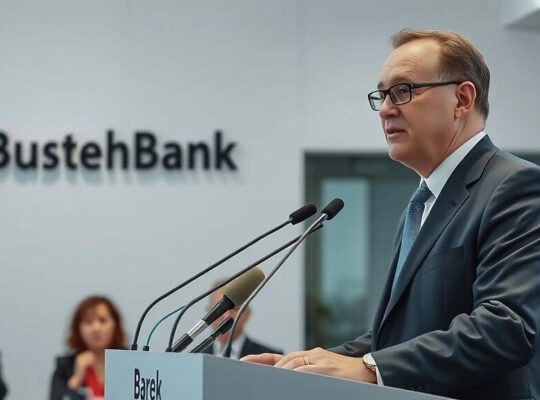The German Confederation of Trade Unions (DGB) has voiced concerns regarding the precarious financial situation facing local municipalities, advocating for increased taxation measures to bolster their resources.
Speaking to the Redaktionsnetzwerk Deutschland, DGB board member Stefan Körzell emphasized that future investments should not come at the expense of the social state. He cautioned against proposed cuts to essential programs including citizen’s benefits, educational initiatives and international development aid, arguing that these reductions are counterproductive alongside drastically reduced funding for industrial decarbonization and the development of a hydrogen economy. Körzell urged parliamentarians to avert these planned cuts entirely.
While acknowledging the proposed investment of €116 billion as a step in the right direction, Körzell warned that budgetary flexibility is diminishing in the medium term, even when accounting for special funds. He specifically highlighted the financial strain on municipalities, noting a substantial investment backlog of €216 billion and a systemic underfunding of local services.
To address this challenge and ensure the long-term financial stability of municipalities, Körzell suggested a need to strengthen revenue streams. Proposed solutions included the implementation of a wealth tax and a more equitable inheritance tax system. The DGB maintains that these adjustments are vital to sustaining essential public services and supporting critical infrastructure development at the local level.


